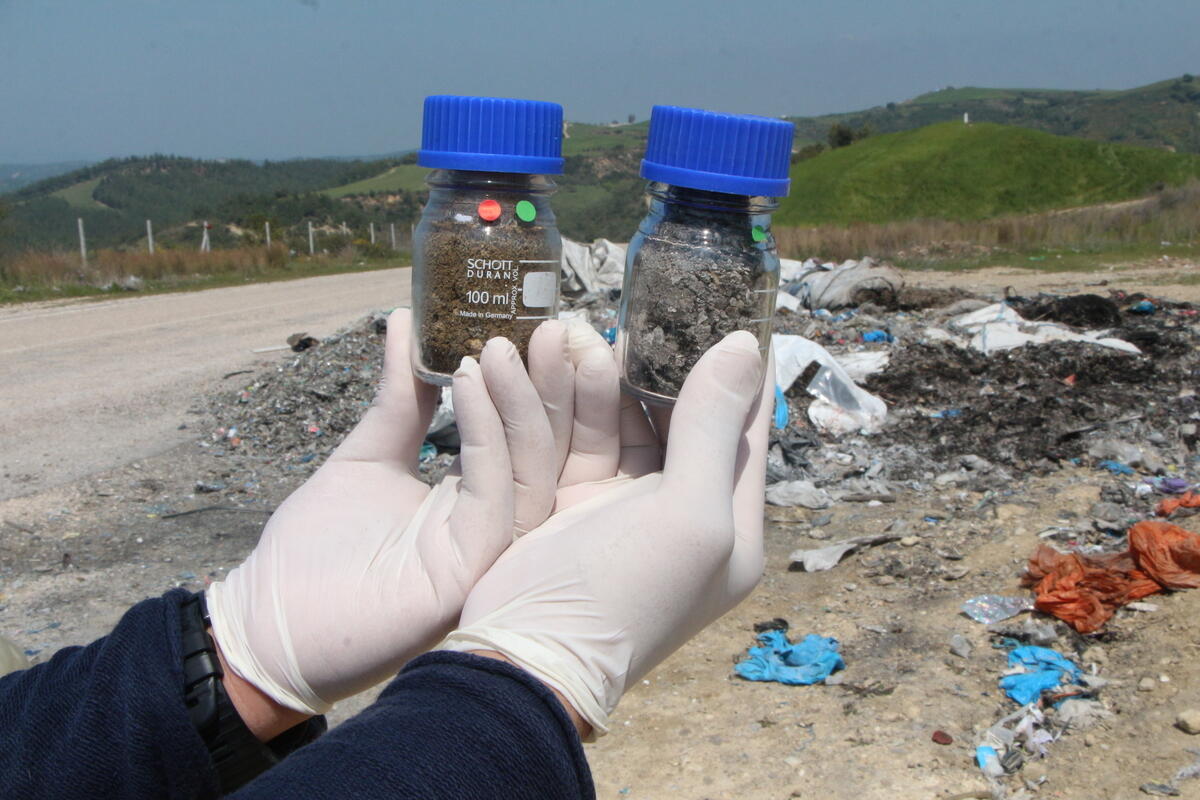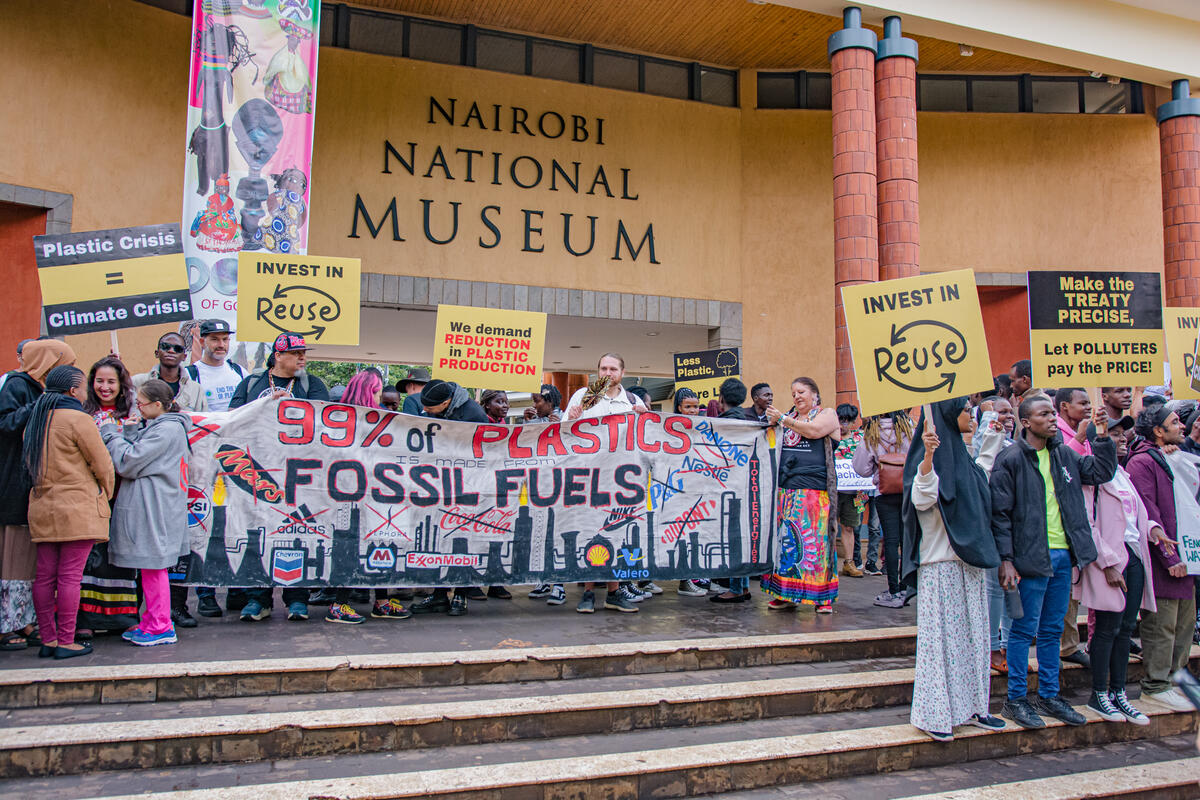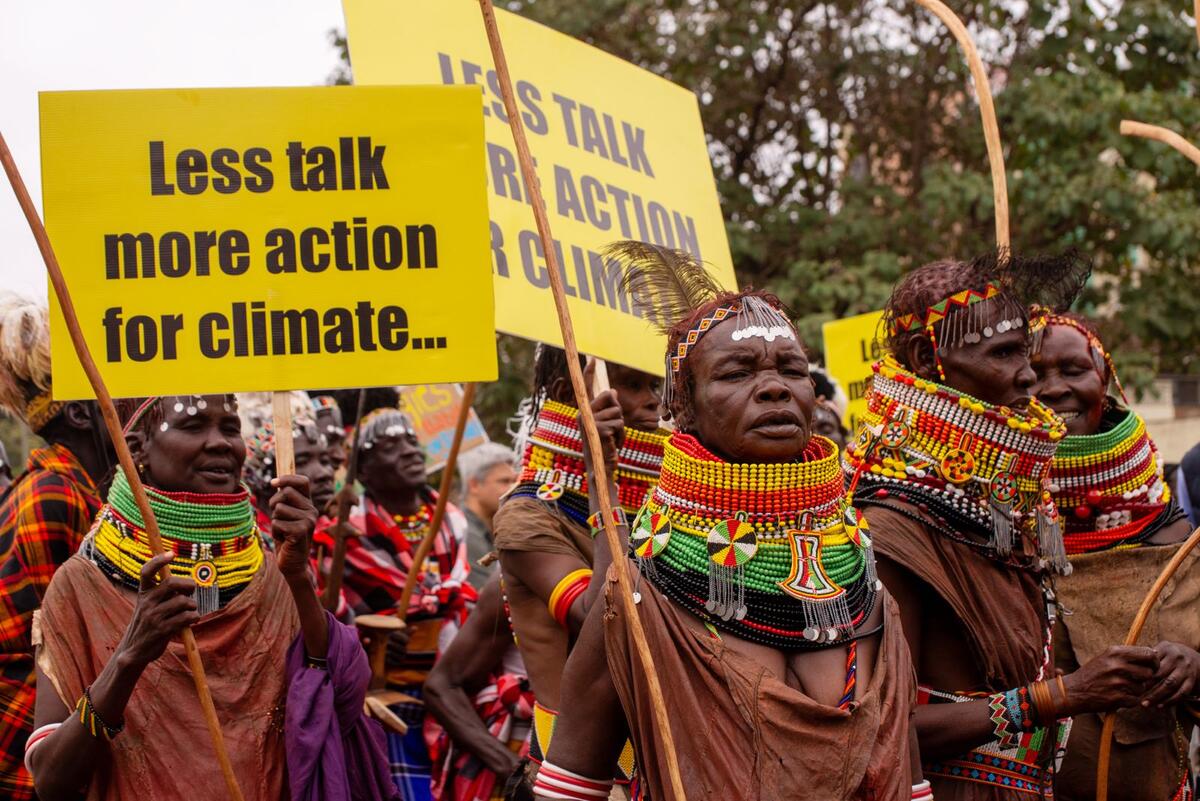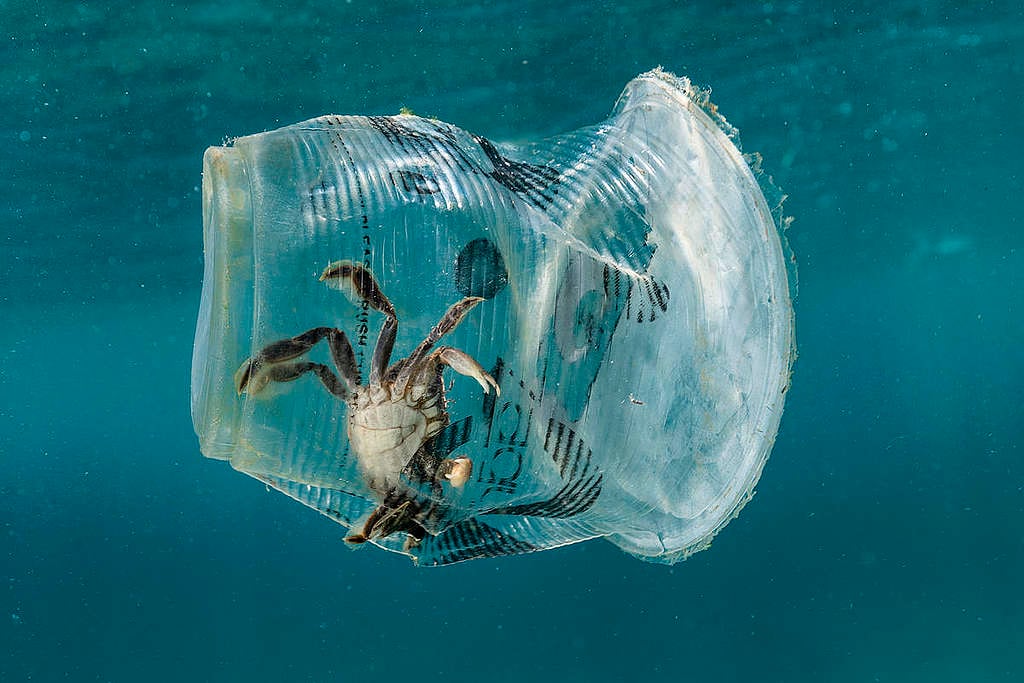Human Wrongs Watch

But what is desertification and what does the plastics crisis have to do with it? Let’s delve into and understand this multifaceted crisis together.
Desertification is the process by which natural or human activities reduce the soil fertility, vegetation cover, and generally the biological productivity of arid and semi-arid areas also known as drylands.
Degradation of these drylands has become a growing concern in Africa, Central Asia, and many parts of the world. While desertification is attributed to activities like deforestation, overgrazing, and climate change, the current global plastics crisis is one of the disguised significant contributors.
Plastic-related emissions fuel desertification
Did you know that raw materials of plastics are primarily fossil fuels, with crude oil, natural gas, and coal being the most common raw materials? Now you know.

From the point of extraction, refining, and manufacturing processes involved in plastic production, greenhouse gas emissions are released into the atmosphere. These emissions contribute significantly to the climate crisis.
The Intergovernmental Panel on Climate Change (IPCC) has identified climate change as a critical driver of desertification in drylands due to the erratic weather patterns — unprecedented rise in temperatures and altered precipitation which exacerbate land degradation.
Plastic pollution does not only contribute to greenhouse gas emissions during manufacturing, but during plastic waste management as well.
Incineration and landfill decomposition of plastics release harmful greenhouse gases, like, carbon dioxide and methane, to the atmosphere, further intensifying the greenhouse effect, leading to more severe and frequent droughts, heatwaves, and other climatic conditions that promote desertification.
Plastics, silent degraders of soil health
Apart from the impact on climate, plastics contribute to desertification through direct soil contamination. Microplastics — broken down fragments of plastics smaller than 5 mm, infiltrate the soil, altering its physical and chemical properties.
A study shows that microplastics in soil affect its structure by increasing porosity which leads to reduced water retention capacity, making the soil less able to support plant life, which is crucial for maintaining soil stability and preventing erosion.
Moreover, microplastics absorb and transport toxic pollutants disrupting the soil’s natural life, affecting soil microorganisms and insects that play essential roles in soil health and fertility.
The combination of physical disruption and chemical contamination by microplastics makes soils more vulnerable to the erosive forces of wind and water, accelerating the process of desertification.
With the above facts, what’s the way forward?
Addressing the interconnected challenges of plastic pollution and desertification requires a multi-faceted approach. Cutting plastics production is the primary solution, Greenpeace calls for a reduction in plastics production by at least 75% by the year 2040.
Cutting plastic production is a critical step. This can be achieved by increasing investments and promoting refill and reuse systems and the use of alternative circular materials to reduce the volume of new plastics being produced.

Additionally, improving waste management practices to prevent plastic pollution from reaching soils is essential. This includes better collection systems, as well as public education campaigns to reduce plastic consumption and encourage proper disposal.
At the global level, international cooperation and comprehensive environmental policies can help create a more sustainable future where the impacts of plastics on soil health and climate are minimised. The Global Plastics Treaty, a once-in-a-lifetime opportunity to end the age of plastics once and for all is currently being negotiated at the United Nations.
Ahead of the fifth session of the Intergovernmental Negotiating Committee in South Korea this November, we need help in pressuring our leaders to negotiate a strong Global Plastics Treaty that will cut down plastics production devoid of any compromise.

Ask world leaders to support a strong global plastic treaty that addresses the whole life cycle of plastic.
In conclusion, the plastics crisis and desertification are deeply interconnected issues yet barely known by many. By understanding and addressing how plastic production and pollution contribute to land degradation, we can take significant steps towards preserving our soils, mitigating climate change, and preventing further desertification.
*Gerance Mutwol is a Greenpeace Africa plastics campaigner based in Nairobi, Kenya.
*SOURCE: Greenpeace International. Go to ORIGINAL: https://www.greenpeace.org/international/story/67540/what-does-the-plastics-crisis-have-to-do-with-desertification
2024 Human Wrongs Watch
Discover more from HUMAN WRONGS WATCH
Subscribe to get the latest posts sent to your email.
Leave a comment